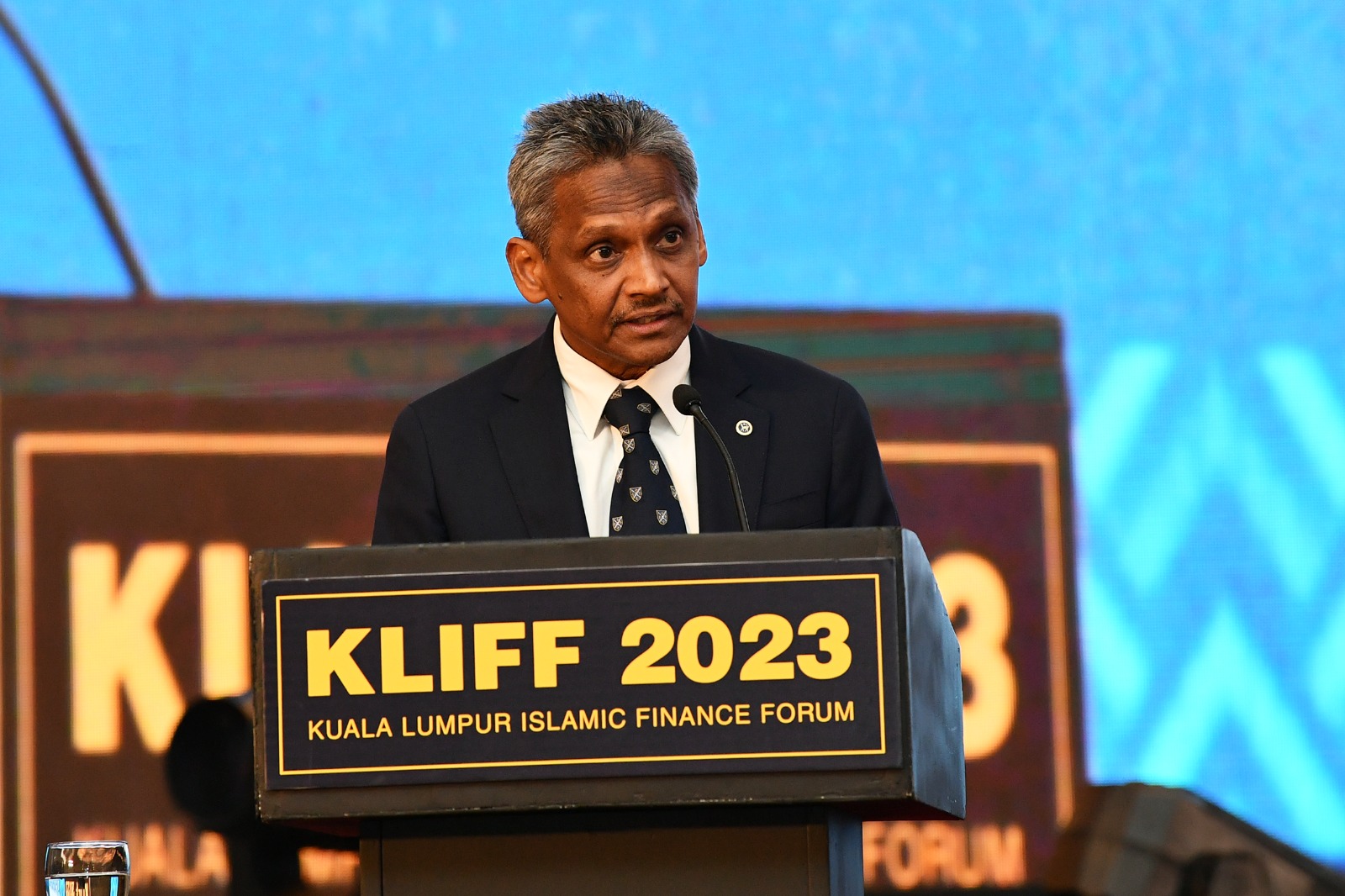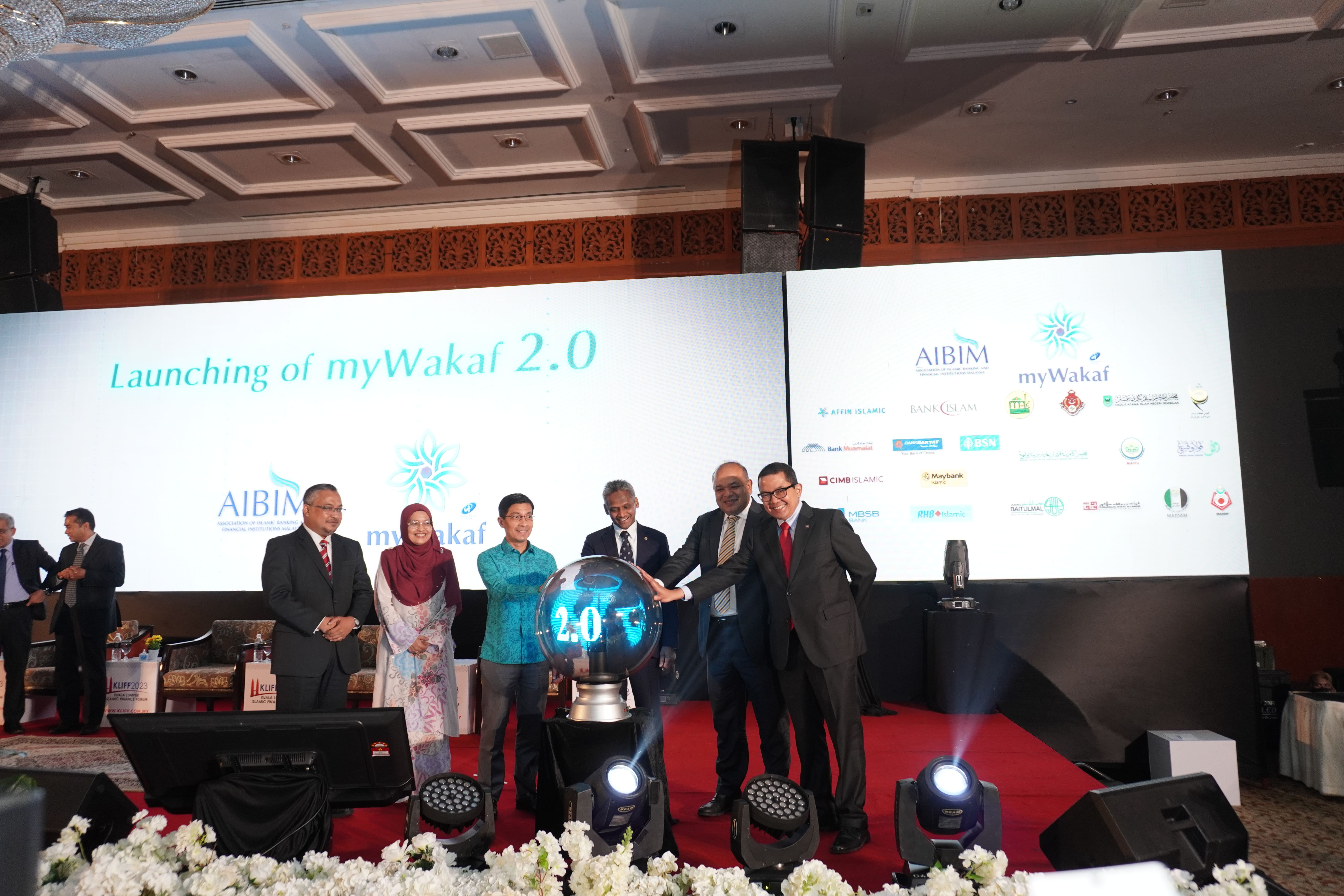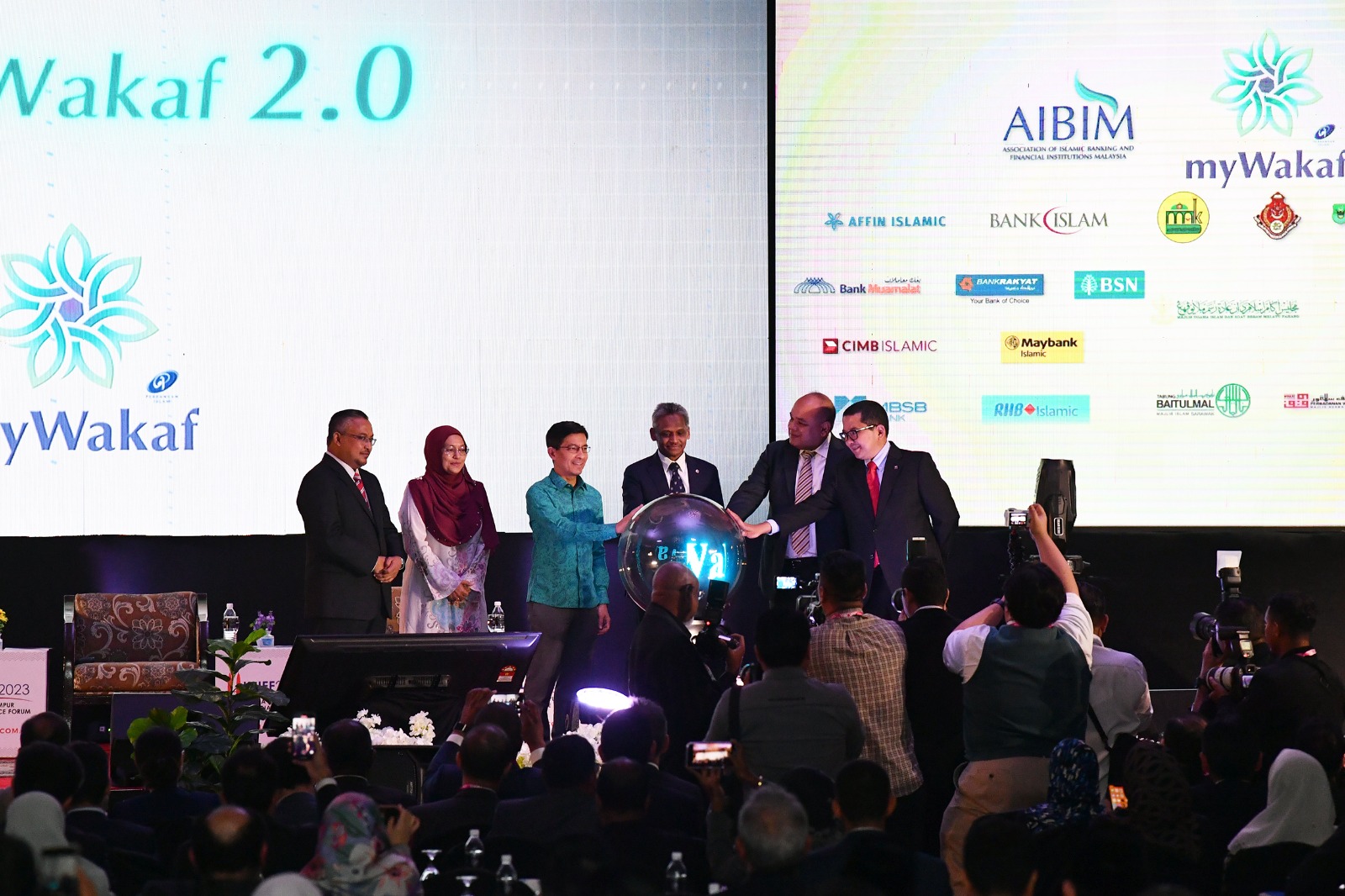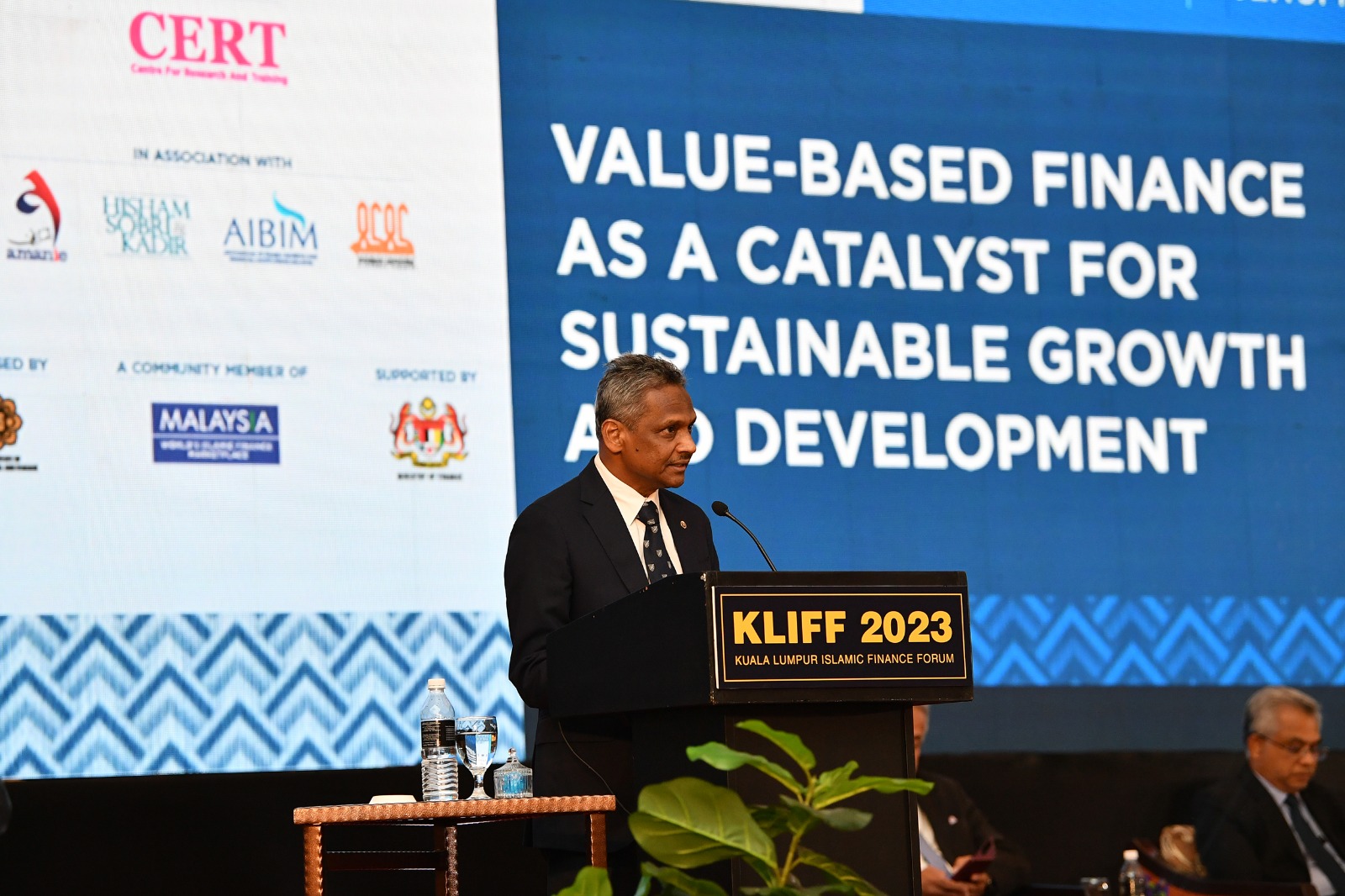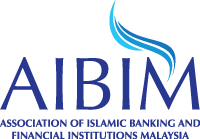KUALA LUMPUR: Bank Negara Malaysia (BNM) is doubling down on the implementation of value-based finance and calls for its wider adoption, not only in Islamic finance but across the financial industry.
BNM governor Datuk Abdul Rasheed Ghaffour said it is his firm belief that value-based finance can be a strong catalyst for sustainable growth and development.
“By prioritising values in our financial systems, we can elevate the purposefulness of finance and create a more enduring financial system that contributes to the well-being of our planet and its people,” he said in his keynote address at the Kuala Lumpur Islamic Finance Forum 2023 and the launch of myWakaf 2.0 today.
The central bank governor acknowledged that it is not an easy feat to progress from the “emerging” phase since the introduction of the Value-based Intermediation (VBI) strategy framework in 2017.
Abdul Rasheed said that as the VBI principles are universal, BNM hopes to see wider adoption of value-based finance beyond the Islamic finance community of institutions to promote an inclusive and sustainable financial ecosystem in Malaysia.
“Adopting sustainability principles in financial business is no longer a ‘niche’, but a business imperative, one that is aligned with a global movement that encourages value-driven financial and investment decisions,” he added.
He said the UN Conference on Trade and Development and the International Monetary Fund estimate that US$4.3 trillion (RM20 trillion) in global annual investments are needed to make strides in the sustainable development goals (SDG).
“While this may appear as a staggering figure, this is equivalent to only around 1% of the US$379 trillion of the total financial assets held by banks, institutional investors and asset managers,” said Abdul Rasheed.
With this, the space for innovation in Islamic finance is vast, and yet, to this day, the full potential of Islamic finance has not been fully optimised, he added.
“We have diverse syariah contracts and instruments which can be tailored to engineer solutions that can serve varying needs of different segments of society. In Islamic finance, we have the ability to ‘blend finance’ using different forms of capital such as philanthropic capital and risk capital, thus expanding its intermediation role beyond credit provisions and risk transfers,” he said.
Abdul Rasheed said the integration of SDG in Malaysia’s national development plans and monitoring of their implementation bring together efforts to elevate quality of life, reduce inequalities, promote more inclusive growth and improve the country’s global competitiveness.
“The recently announced Ekonomi Madani: Memperkasa Rakyat framework crystalises our aspiration and commitment in this endeavour to balance economic growth with sustainable considerations,” he said.
On the part of the financial sector, Abdul Rasheed said new initiatives are under way to accelerate progress towards sustainable development through the introduction of tools for investors to find SDG-aligned investment opportunities in Malaysia and new sustainable finance instruments to raise capital.
“The financial sector plays an important role in supporting sustainable economic transformation. Delivering change at the speed and scale needed to achieve the SDGs by 2030 demands a reorientation of investment priorities to align with more sustainable and value-based principles,” he added.
Source:theSun



